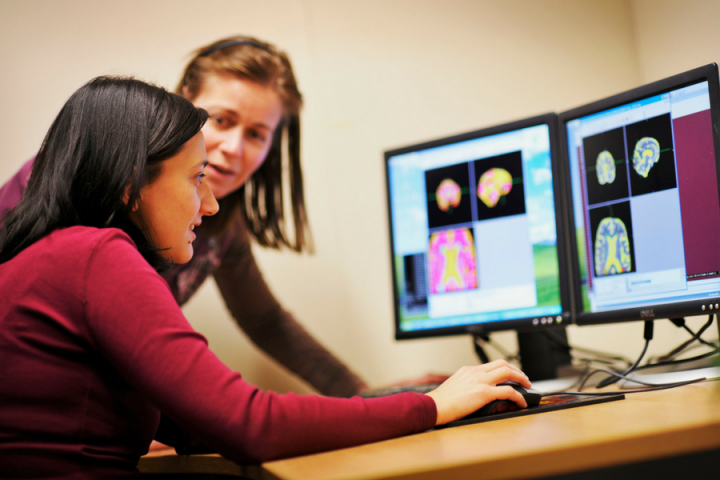Choosing a supervisor
Advice on choosing the best supervisory team

Factors that will influence your selection
There is no perfect way to identify a supervisor. Clearly your decision will be framed by the area that you wish to work in, what you wish to achieve during a PhD, the skill base you wish to acquire (not to be underestimated when thinking of your long term career) and your checklist of what exactly you wish to achieve from your PhD.
Personality is important
It is foolish to ignore any aspects of personality that may make a relationship with a supervisor difficult. Remember that whilst you undertake research there are big highs, but there are equally big lows. Think about selecting a supervisor with whom you can work constructively during the difficult times. There are many supervisors out there and it is invariably possible to identify an individual with whom you gel and can develop a project that ticks all of the above boxes.
“How long it takes them to see you gives you an indication of how likely they would be to be a good supervisor. If they reply to your email and say they can see you in 6 weeks time for 20 minutes then you might want to make sure that there is someone else who can supervise you.”
Do your homework
Don’t be shy about approaching people to discuss whether they might supervise your research. Researchers like to talk about their research and are always on the lookout for talented individuals to join their group. Don’t worry that they will be upset if you visit them but ultimately decide to undertake research elsewhere; this goes with the territory.
When you visit, it is helpful to have read at least an example of the published research from the potential supervisor’s lab and to have studied their website, but they won’t expect you to know chapter and verse.
It will take more than one conversation to finalise the right project and supervisors. As you work towards a plan for the PhD, you need to take significant ‘ownership’ of the project and should read around the subject in detail.
Be sure to see around the facilities on offer and speak to other people in the potential supervisor’s research group. If it is hard to find someone who can recommend working there, you may be barking up the wrong tree! Identify other lab members (eg post-docs, PhD students and/or research assistants) who will be around to show you the ropes and who you can ask for help.
“When I was down to a choice between two labs, one of the things that influenced my decision was one of them saying you are not led at all – you’re left to your own devices, which is fine and would be fine for me now, but that first year I would have found it really difficult. It’s not even just knowing techniques, but even the knowledge of what techniques you need to use and where things are.”
So how do you choose a supervisor for your research? Well, there are lots of criteria. I think the first thing is to say that you shouldn’t necessarily go to the obvious, usual suspect. It may not be the professor in your clinical discipline who’s the right person to supervise your research training. The second thing is that you need to get on well with a supervisor. They need to be somebody that you immediately feel is easy to speak to; that you understand how they think about things and project things; and you can get to grips with their approach to their subject.
The key thing about supervisors is their track record. Feel free to ask them how many clinical research fellows they have trained before and what’s happened to those fellows. How many of their fellows became successful academics in turn?
Many of the most charismatic and enthusiastic supervisors will be people who hold senior positions and they’ll have busy jobs and they may or may not be in their office that often – they certainly may not be at the benchside to support you that often – so a big question is how does the team look? Who is it within the team of this particular supervisor that is going to hold your hand and teach you individual techniques and show you how to undertake the research day-to-day? You might talk to previous fellows, or fellows who are in the lab right now, and ask them how they are getting on in this environment, and what are the strengths and weaknesses of the research environment?
Above all, this is a big decision and one that you shouldn’t take without having given it serious thought.

